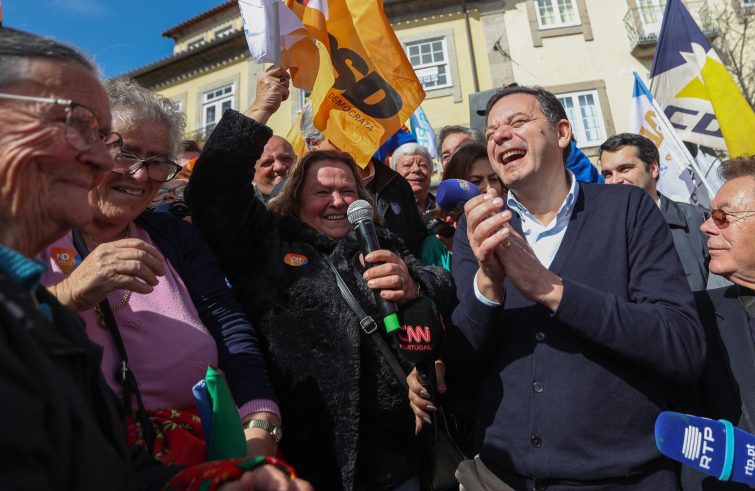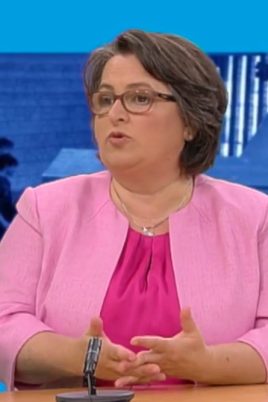
On Sunday 10 March, more than 10 million Portuguese citizens will go to the polls in a general election called in the wake of Prime Minister António Costa’s resignations last November. He and other top politicians were named as suspects in investigations into corruption or wrongdoing linked to green transition projects in the country. Portugal is facing fresh parliamentary elections just two years after the last ones and a few months before the European elections in June. Around ten parties are competing. SIR interviewed Eunice Lourenço ( in the photo), editor and political columnist, previously for Rádio Renascença ( linked to the Portuguese Bishops’ Conference) and now for Expresso, to gain an insight into the climate surrounding Sunday’s vote.
How do Portuguese voters view this new round of elections?
We face a situation of great uncertainty at the moment. The latest opinion polls show that at least 20 per cent of Portuguese citizens claimed to be totally undecided, while another part of the electorate admitted that they could change their vote between now and Sunday.
Consensus is expected to grow for the right-wing nationalist party Chega, which could double its vote compared to the 2022 elections.
However, with ongoing corruption investigations against the political class and the failure of the last Costa government to guarantee political stability despite holding an absolute majority of seats in the Assembly of the Republic, Portuguese voters feel a sense of mistrust and distrust towards the political class. There is a strong desire for change. At the same time, there is a widespread sense of resignation about whether this change will actually happen. Yet ‘mudar’ (change) is the slogan of both the centre-right coalition and the coalition led by Pedro Nuno Santos, the incumbent leader of the Socialist Party and António Costa’s political successor.
What is Portugal’s role in Europe at this time of early elections?
Portugal has always been a pro-European country, with few citizens criticising its membership of the EU and the euro currency. Even the most radical parties (both right-wing and left-wing) do not object to European policies and maintain a pro-EU stance, while the two largest parties, such as the PS and the PSD (Social Democratic Party, centre-right conservatives), are described as “Euro-enthusiastic”.
European elections are usually an opportunity for national voters to express their disappointment with the incumbent government. But this will not be the case in Portugal,
as the European Parliament elections in June will follow the national elections by only three months.
How does Portugal compare to Italy?
It is fair to say that Portugal is currently experiencing a situation of political instability that Italy has also experienced on many occasions, especially in terms of friction and interference between the judiciary and the political sphere. Indeed, the resignation of Prime Minister António Costa in November was the result of a judicial investigation, but there have been other recent cases, such as that of the regional government of Madeira, whose president resigned following a corruption investigation. Seen from another angle, Portugal also seems to be experiencing a rightwing electoral shift similar to what ocurred in Italy in the recent past. Andrè Ventura, leader of the right-wing political party Chega, is a great admirer of Matteo Salvini and has regularly raised the issue of immigration, even though Portugal does not really have an immigration problem.











